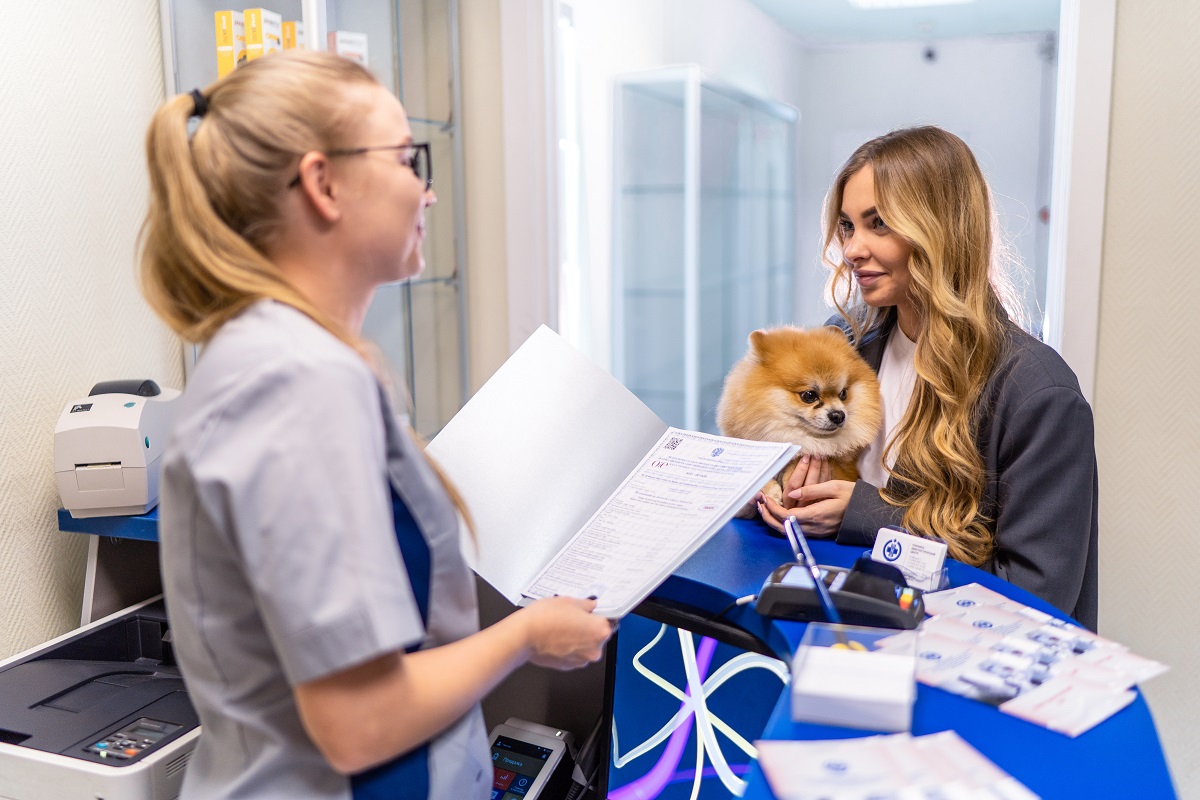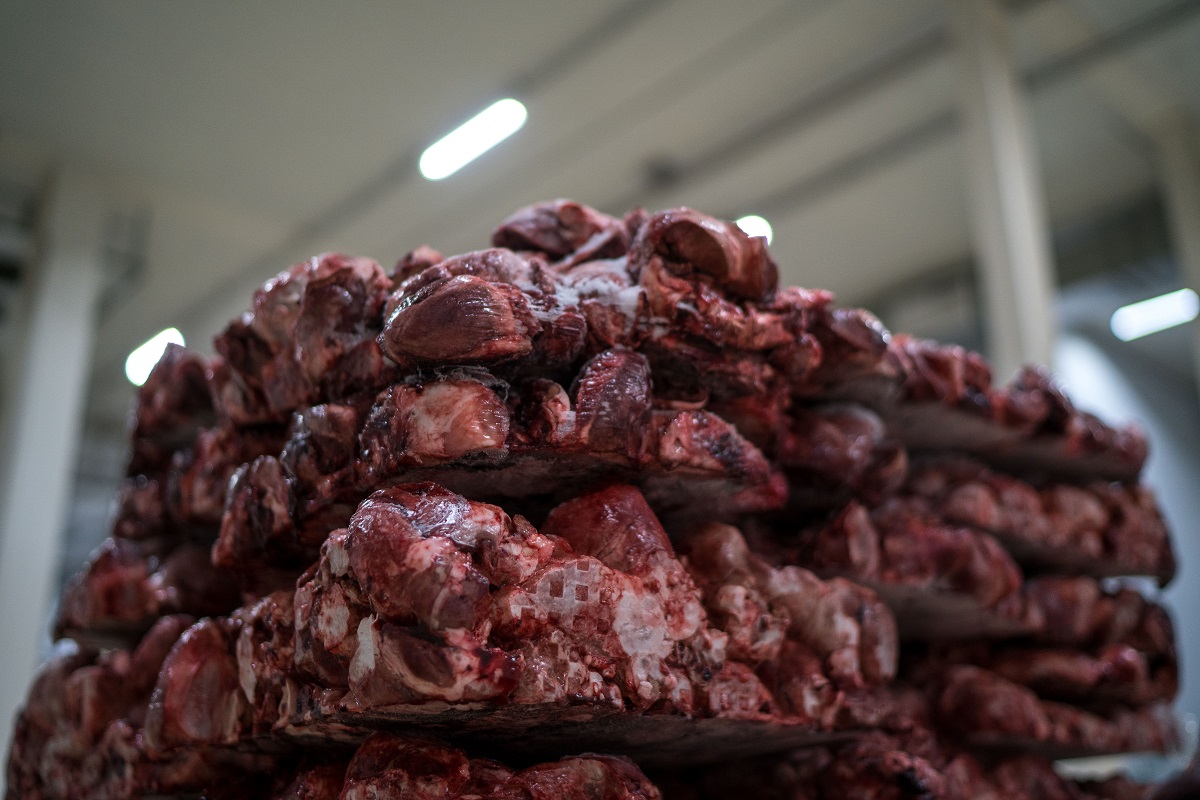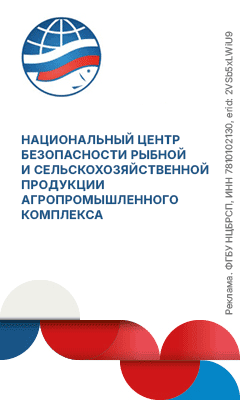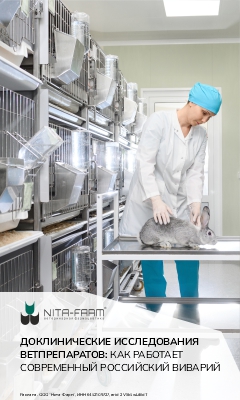“It was decided that all canned products must be subject to mandatory labeling. The majority of canned fish products are counterfeit, therefore, in 2022, together with the Russian Ministry of Industry and Trade we will start an experiment on mandatory labeling of canned fish products,” said Ilya Shestakov.
The head of Rosrybolovstvo clarified that canned sturgeon and salmon roe will also be subject to mandatory labeling. This will enable to introduce a traceability system to track and trace products at all stages from primary production to consumption.
Earlier this year, the head of Rosselkhoznadzor Sergey Dankvert welcomed mandatory canned fish and roe labeling.
“It is important to label canned fish because, according to Rosselkhoznadzor laboratories that analyzed a wide selection of brands, many products showed signs of adulteration. For instance, instead of saury counterfeiters add cheaper types of fish like Iwashi herring, although the label says saury. Also, the fish roe produced overseas is claimed to be of Russian origin. At present, there is no regulation to obligate the manufacturer to mark the country of origin of raw materials used for production of canned fish. Hence, some entrepreneurs buy raw materials, for example, in China, package them in Russia and sell them as products made in Russia, at the same time misleading the consumer. Labeling can become an effective tool for combatting canned fish adulteration,” said the head of the regulator.
The issue with adulteration of canned fish products was also raised in a recent independent research conducted by the Veterinary Medicine and Life. The lab tested 20 different brands of canned saury and found that 5 products, instead of saury, contained cheaper Iwashi herring.










